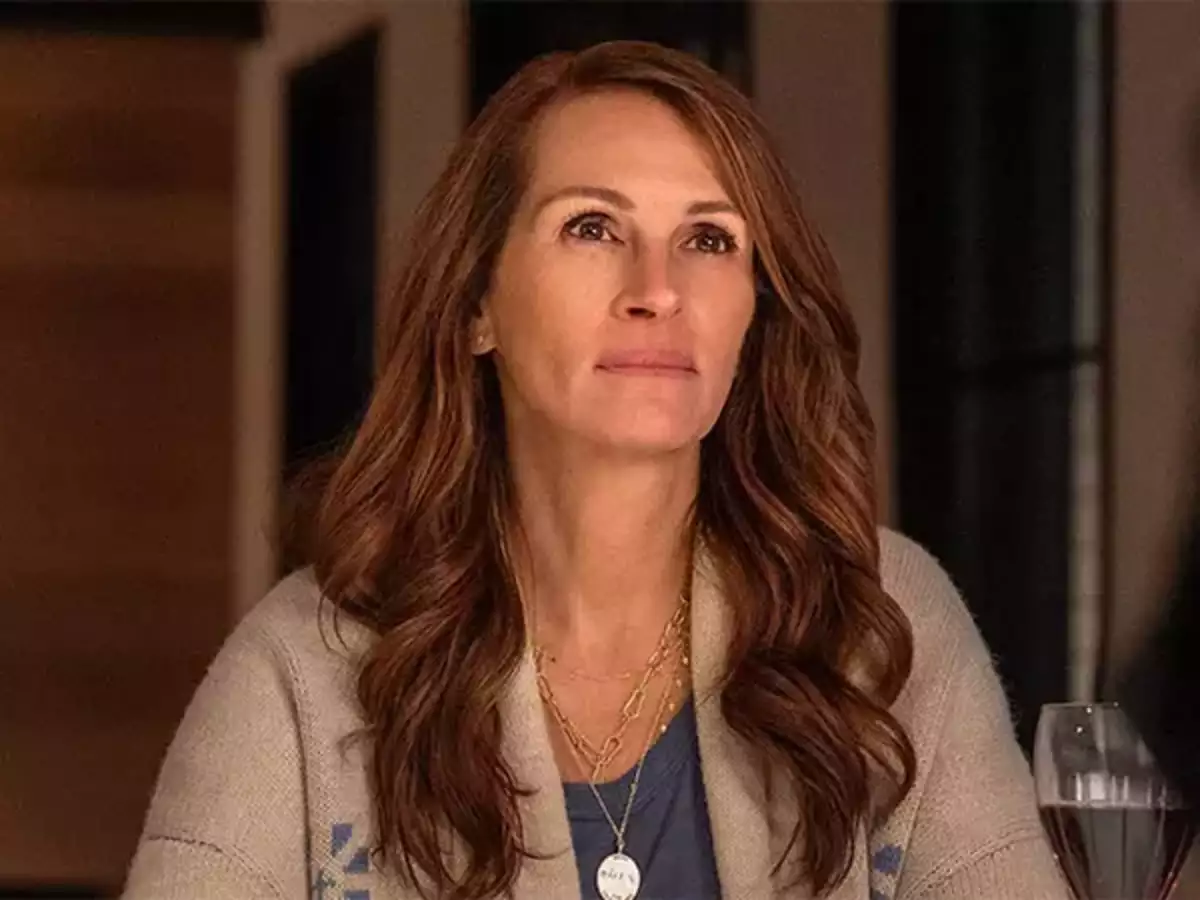When Should You See a Dermatologist for Acne?
Acne is a common skin condition that affects people of all ages, but in some cases, it may require medical attention. While many individuals can manage mild acne with over-the-counter treatments, others may experience more severe or persistent forms of the condition. In such cases, it is advisable to consult a dermatologist — a medical professional who specializes in diagnosing and treating skin disorders. Below are specific signs and situations that indicate when it’s time to seek help from a dermatologist.
1. Presence of Cysts and Nodules
If you are experiencing cystic or nodular acne, it’s important to see a dermatologist. Cysts and nodules are large, inflamed, and painful lumps that form deep within the skin. Unlike blackheads and whiteheads, these types of acne lesions do not come to a head and can lead to permanent scarring if not treated properly. Dermatologists have access to stronger medications, such as oral antibiotics, hormone therapy, and isotretinoin (commonly known by the brand name Accutane), which can help reduce inflammation and prevent future breakouts.
2. Deep, Painful Acne
When acne becomes deep and painful, it often indicates a more serious underlying issue that cannot be resolved with typical over-the-counter creams or cleansers. This kind of acne can be emotionally distressing as well as physically uncomfortable. A dermatologist can help identify the root cause and design a personalized treatment plan, which may include prescription topicals, systemic medications, or professional procedures like chemical peels or laser therapy.
3. Late-Onset Acne in Adulthood
Some adults who never experienced acne during their teenage years may develop it later in life. This is known as late-onset acne, and it commonly occurs in women in their 20s, 30s, or even later due to hormonal changes, stress, or lifestyle factors. Because this type of acne can be unpredictable and persistent, it’s often best treated under the guidance of a dermatologist. They may recommend hormone-related treatments such as oral contraceptives or anti-androgen medications to help balance hormone levels and control breakouts.
4. Persistent Acne That Continues from Adolescence
Persistent acne refers to acne that begins during the teenage years and continues into adulthood without significant periods of remission. Even after trying several products and remedies, some individuals find that their acne never completely goes away. In such cases, a dermatologist can help assess whether other factors—such as diet, stress, medication side effects, or underlying medical conditions—are contributing to the ongoing issue. With professional evaluation and advanced treatment options, long-term relief is more likely to be achieved.


